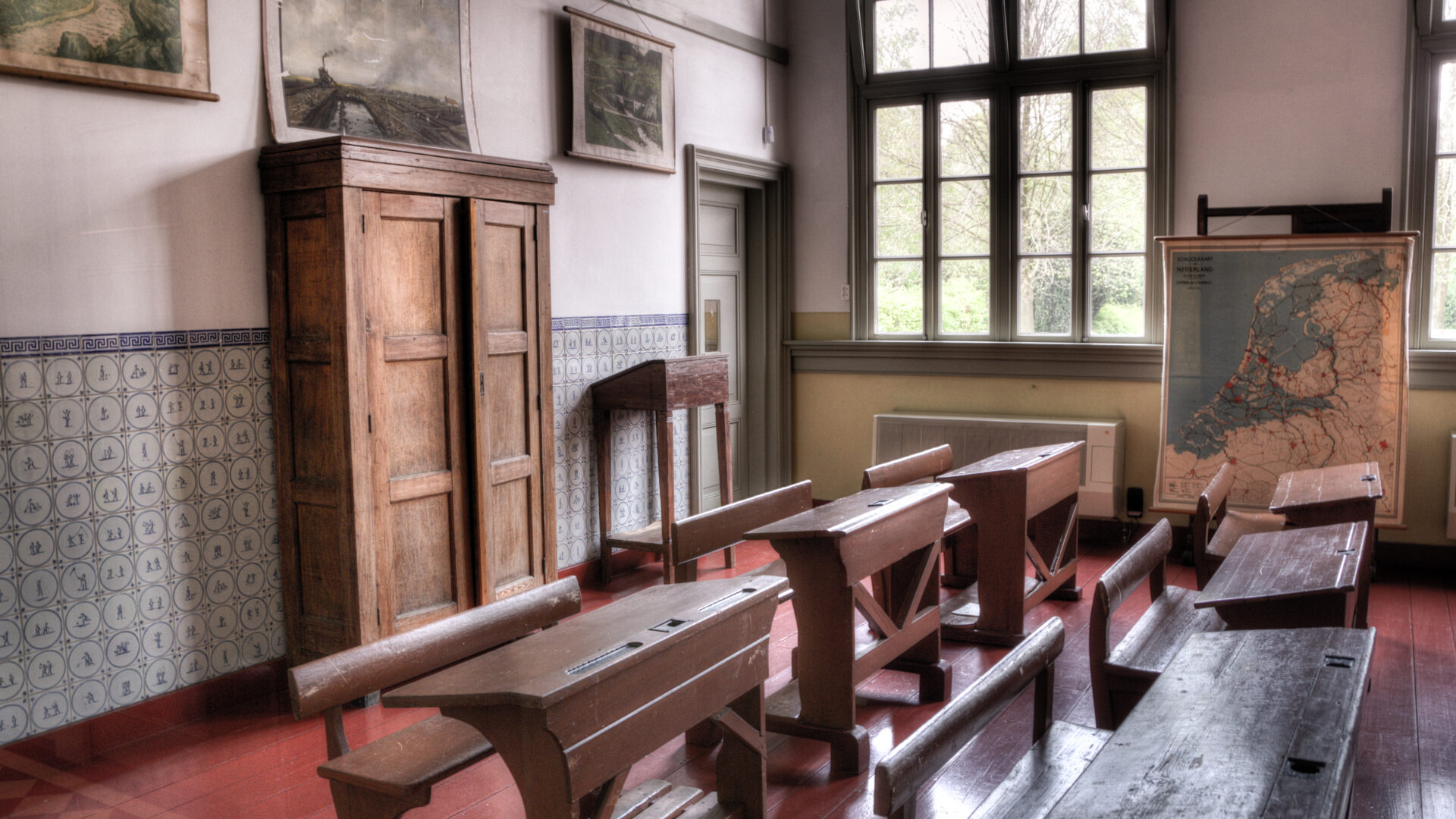At the end of July 2016, a select few London theatre-goers were able to witness an update to the Harry Potter story with a new stage production, written by J.K. Rowling, Jack Throne and John Tiffany.
Those not in the audience were able to purchase the screenplay. And, I’m just projecting here, feel a rush of nostalgia and ruminate on what it means to grow up and come of age with The Boy Who Lived. (Spoiler alert: one day he’ll be 40.)
Like a warming Chocolate Frog after a Quidditch injury, “Harry Potter and the Cursed Child” brought me back to Hogwarts in a way that was welcomed and wholesome and good.
Magic, dark arts, jealousy, resentment, and death abound in this tale. I don’t think a single one of these topics is inappropriate for young readers.
And yet, the Harry Potter franchise is dangerous for young readers. Also, sacred. Also, necessary.
Here’s why: As a young reader, what these books awakened in me was a desire to have adventures, solve mysteries and form life-long friendships away from the gaze of adults. We can love and respect Dumbledore, but he’s nowhere to be found when we need him the most.
No, children are on their own in Harry Potter’s world. They play a chess game when the stakes are THEIR LIVES, they watch classmates die, they write in diaries that come to possess their very souls. Of course there are parents and professors they admire; there are Weasley sweaters to snuggle into on dark winter days. But the adults just don’t get it, not when it really counts. In fact, only the children in these books can sense the real and imminent danger. They protect the adults they love by confronting this danger head-on, by themselves.
Unfortunately, when you grow up in blue collar New Jersey, the things your peers want to do apart from adults are unimaginative: awful booze, being bad at sex, cheap cigarettes, and I don’t know, shoplifting at the mall? I wasn’t invited to most of that. I was holding out for taking down a dark magic undead snake-face with my rag-tag team. I spent a lot of time at home with books, waiting for an adventure worthy of a fierce Gryffindor heart. (Who are we kidding, I am Ravenclaw through and through.)
The first three books in the Harry Potter series crossed over for American audiences at the same time, while I was in 7th grade. Because I have the good fortune of a librarian for a mother, I got them all at once from a public library. They hadn’t tipped yet. There was no wait for these new books.
At 12 years old I did something I’d never dreamed of before: I came home from school, closed my bedroom door, left my backpack zipped up, touched not one scrap of homework, and read for pleasure for eight or more hours a day. I used a book lamp or a bathroom lightbulb to stay up past my bedtime to worry over a basilisk, a boy named Tom Riddle, and an escaped prisoner from Azkaban.
My parents were none the wiser. My teachers let it all slide. I was in a new world and completely consumed, and no adult on earth (except for J.K. Rowling) knew what was happening to me.
After I finished book three, I had to wait. Waiting was hard. I wanted to binge.
The summer before my freshmen year of high school, “Harry Potter and the Goblet of Fire” was released on HP’s birthday (which is only four days after mine). We were both 14 years old that year. I did things like attend a winter formal with a date but spend the night sitting on a different boy’s lap. But that’s OK. SOMETIMES OUR HEROES SNOG PEOPLE FROM OTHER SCHOOLS BUT YOU CAN STILL RESPECT THEIR MAGICAL ABILITIES, RIGHT?
And then, while our heroes are in what my comrades would consider 9th grade, they watch a student die. The stakes get higher, the narrative gets darker, and childhood is definitely over.
It seems less romantic, but in my outside-of-books life, I learned that most 9th graders in Catholic high schools in NJ have done drugs, had sex, stolen things, driven cars, and lied to their parents SORRY MOM, GET A TUITION REFUND IF YOU CAN.
My inside-of-books life suggested that the world could be darker, but Hermione Granger would still have been eaten alive in my high school’s cafeteria. I told exactly one friend that I’d been so engrossed in the new Harry Potter installment. She teased me mercilessly. (I tried to channel Fred and George Weasley and retaliate. I told her she was an illiterate and a dummy. It didn’t fit me. I just amassed more books and kept the hobby to myself.)
And yet, the deep and unshakable friendship between Ron, Hermione and Harry brought me comfort. There must be things that can’t be eroded by the white trash mores of Jersey malaise, I hoped. One thing is certain: without a new Harry Potter book every summer, I would never have never survived high school.
Do I even need to bring up the poetic parity of the year “Harry Potter and the Order of the Phoenix” was released, where Harry is utterly unlikable, which was the height of my teenage misery? That my parents were away for the book’s midnight release, and my mom wasn’t around to wait with me? I was only 16-going-on-17 and couldn’t drive myself to a bookstore at midnight, and the aunt staying with us thought it was a childish hobby and refused to be my chaperone? This was the only midnight release I missed. I felt like all my friends were named House Prefects and I was left to mourn a death on my own.
From there, it was Anne Rice and lots of angst and cutting high school classes, but that’s another blog for another day. (Lestat, if you are reading this… you know how to find me.)
Suffice to say: If you have ever loved that green-eyed gangly boy with the lightning bolt scar, your heart will swell and ache for the whole Hogwarts family while you read “Harry Potter and the Cursed Child.” I cried exactly five times. Don’t say I didn’t warn you.
 Laura Eppinger graduated from Marquette University in Milwaukee, Wisconsin, USA in 2008 with a degree in Journalism, and she’s been writing creatively ever since. She the blog editor here at Newfound Journal.
Laura Eppinger graduated from Marquette University in Milwaukee, Wisconsin, USA in 2008 with a degree in Journalism, and she’s been writing creatively ever since. She the blog editor here at Newfound Journal.


0 comments on “The real danger of Harry Potter has nothing to do with witchcraft”